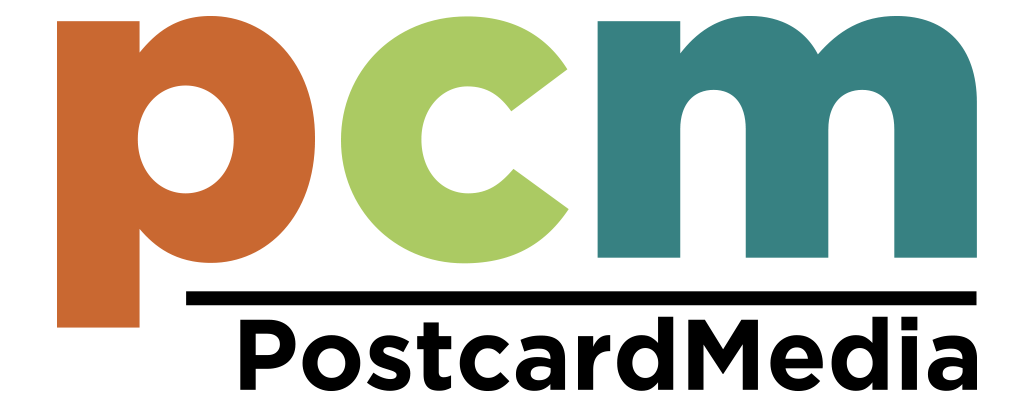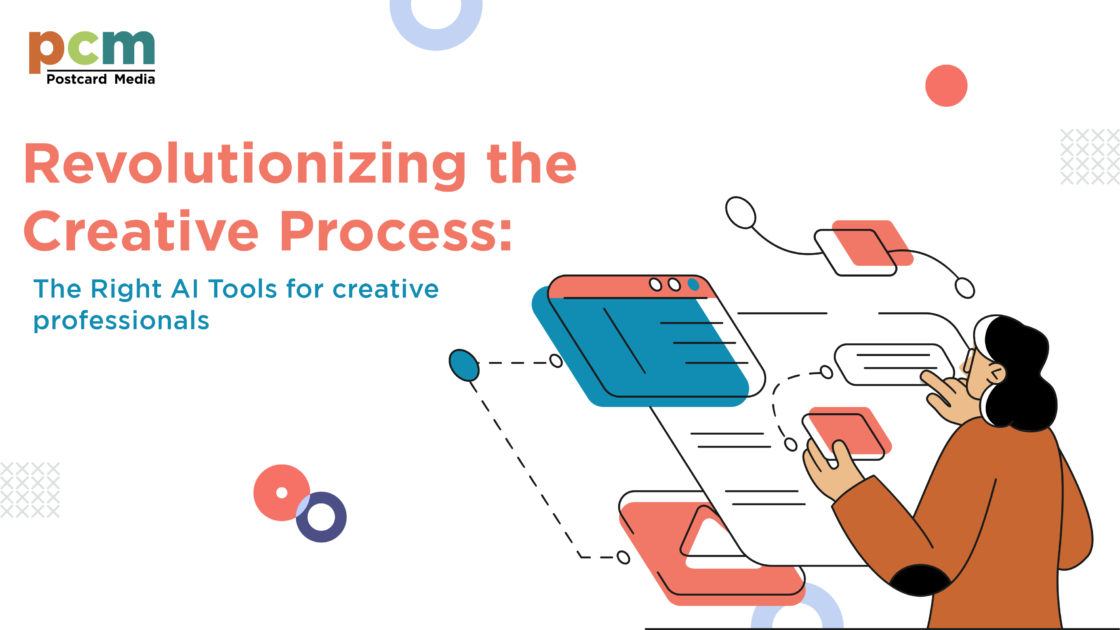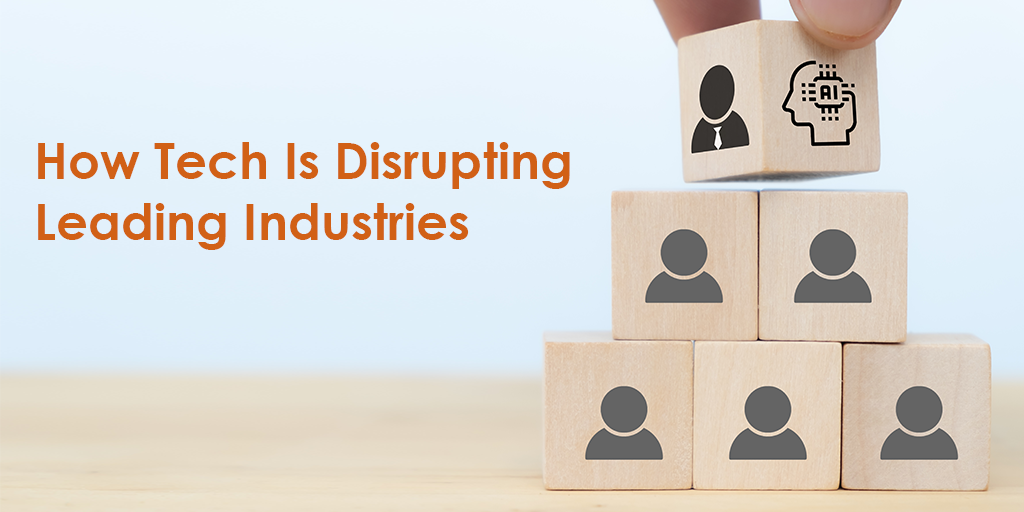Artificial Intelligence is transforming the way we create, consume, and interact, and the ripple it’s making in the creative industry is no exception. These cutting-edge innovations are changing the way people do their jobs by providing unprecedented levels of efficiency, precision, and creativity. AI is here to stay in this era of technological development, and we’re here for it.
We get that a lot of creative professionals are skeptical, but hear us out. It is important to note that AI is meant to improve and streamline the creation process. While there are fears that it will take over human jobs, it is more realistic to think of it as a tool that can help channel potential more efficiently. It can free up time and resources for us to focus on more creative and sophisticated endeavors by automating certain duties. This can also help build a more productive and pleasant work environment, and who wouldn’t want that? With this, we can see AI as a supplement to human brilliance rather than a threat to it.
So, put on your goggles and come along with us as we deep dive into some of the most popular AI-powered tools for creative professionals.
Copy.ai: Automating Content Creation
Image source: copy.ai
Copywriting is an essential part of any marketing or advertising campaign, but it can be challenging and time-consuming. Copy.ai is an AI-powered content creation tool that automates the process, allowing marketers and content creators to create high-quality, personalized content in minutes. Copy.ai can assist in creating a range of content formats such as blog posts, emails, website copy, video content, and general business content.
Simply enter a few keywords or phrases relating to what you want to talk about and the tool will generate a variety of headlines, taglines, and even full-length articles for you to choose from. The material is created by AI algorithms that have been trained on a vast database of text, ensuring that the outputs are always high-quality and original.
Figma: Collaborative Design in the Cloud
Image source: Figma.com
Collaborative design can be challenging, especially when the team is working remotely. Figma is an AI-powered design platform that allows teams to communicate in real time, streamlining the design process. Slack is Figma’s communication channel. When a Figma Slack channel is created, any Figma comments or design modifications are “slacked” to the team.
Figma’s cloud-based platform allows team members to work together on design projects in real time, making it easy to share ideas and feedback. The platform also offers a range of AI-powered features, such as automated layout suggestions, smart resizing, and content-aware layout.
Brandmark.io: AI-Powered Logo Design
Image source: brandmark.io
Creating a unique logo is essential for every business, but coming up with a design that sticks out from the crowd may be difficult. Brandmark.io is an AI-powered logo creation tool that streamlines the logo design process, allowing businesses to quickly and easily generate sophisticated logos.
Simply enter your business name and a few design parameters, and the program will generate a variety of logo ideas for you to choose from. AI algorithms trained on a huge collection of design elements construct logos, ensuring that the outcomes are always high-quality and distinctive.
Lumen5: Automated Video Creation
Image source: lumen5.com
Video marketing is growing more popular, but making interesting videos can be time-consuming and difficult. Lumen5 is an AI video creation solution that automates the video creation process, allowing marketers and content providers to create high-quality films in minutes.
Using Lumen5 is simple – all you have to do is input a few associated keywords or phrases, and the tool will generate a range of video templates for you to choose from. The templates are pre-populated with text and images, and users can customize them to fit their specific needs. Lumen5’s AI algorithms also help to optimize the videos for social media platforms, ensuring that they look great and perform well on any platform.
AI-powered technologies are transforming the way people work, enabling them to achieve their goals faster and more efficiently. Both creative professionals and businesses could accomplish amazing things with AI at their disposal, while also enjoying the benefits of freeing up time for more challenging jobs.
If you, like us, are in the field of creating content, we highly recommend you check these out. Let us know when you do, our DMs are always open. (Don’t worry, you won’t be chatting with AI.)




